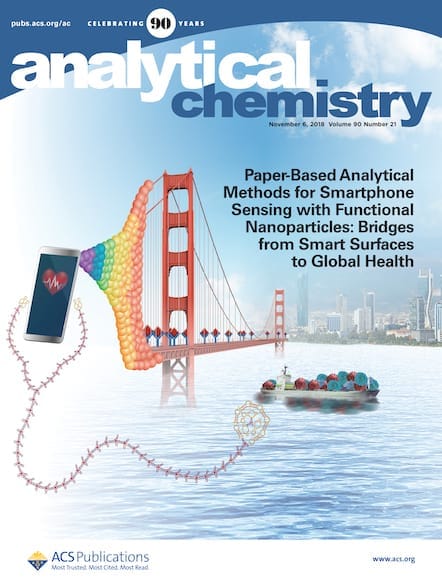The National Institute on Drug Abuse (NIDA) provides a $6 million grant to renew funding for the Neuroproteomics and Neurometabolomics Center on Cell-Cell Signaling at the University of Illinois’ Beckman Institute for Advanced Science and Technology. The grant is expected to fund the center for another five years, allowing it to continue its work in […]

The National Institute on Drug Abuse (NIDA) provides a $6 million grant to renew funding for the Neuroproteomics and Neurometabolomics Center on Cell-Cell Signaling at the University of Illinois’ Beckman Institute for Advanced Science and Technology. The grant is expected to fund the center for another five years, allowing it to continue its work in advancing the understanding of the neurochemistry of addiction.
Established in 2005, the center provides expertise in proteomics, metabolomics, and bioinformatics with a specific focus on understanding the neurochemistry of addiction. It is a designated NIDA Center of Excellence. NIDA is a United States federal-government research institute within the National Institutes of Health, dedicated to advancing science on the causes and consequences of drug use and addiction and to apply that knowledge to improve individual and public health.
“Out of 10 million compounds in the world, a couple of hundred are drugs of abuse because they mimic natural molecules in the body that make you feel good. Studying these endogenous molecules tells you something about how drugs of abuse function,” says Professor Jonathan V. Sweedler, Editor-in-Chief of Analytical Chemistry and a professor of chemistry and faculty member at the Beckman Institute for Advanced Science and Technology.
The center’s ability to use mass spectrometry to profile peptides from select brain nuclei and nerves, and especially isolated individual cells, is not available elsewhere. One of the new projects that the center will look at is the chemical profiling of the hair of drug users.
